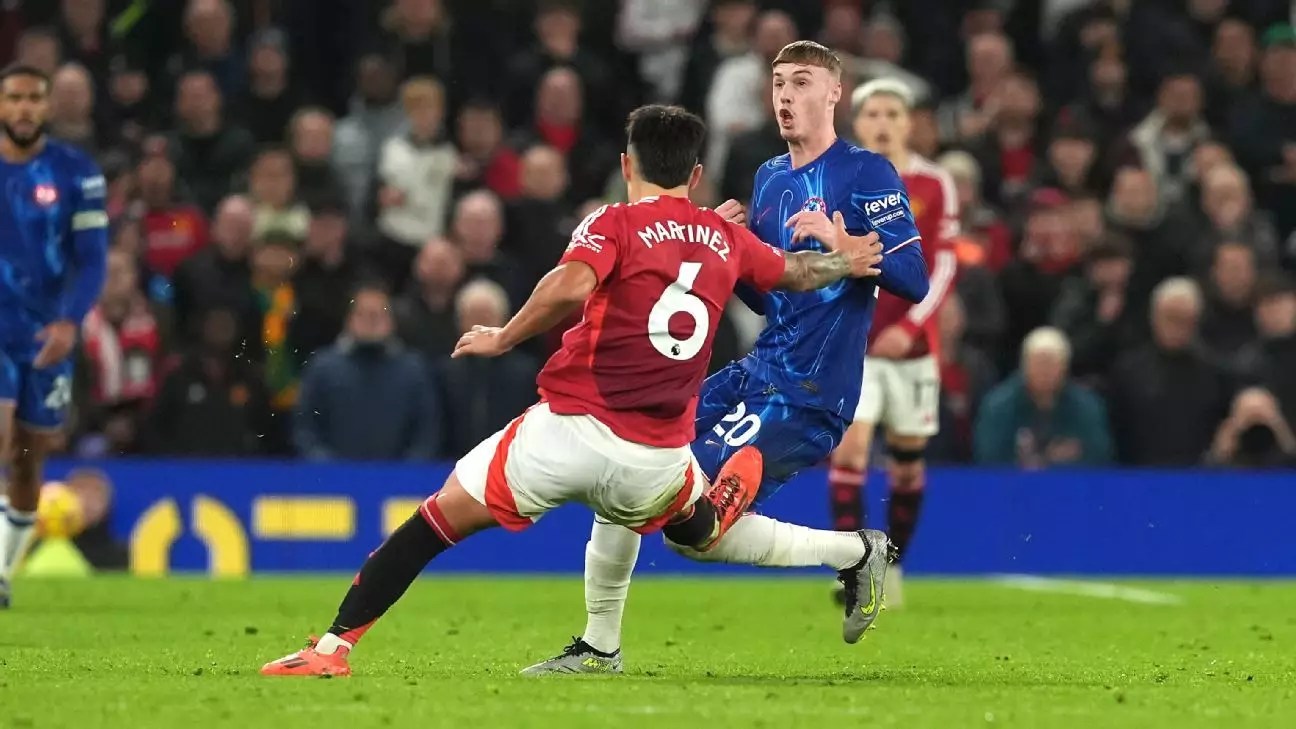The introduction of Video Assistant Referee (VAR) into the Premier League has sparked debate and controversy among fans, players, and pundits alike. Every week, significant incidents are scrutinized, and while intended to aid in making decisions more accurate, VAR often leaves everyone perplexed about the nuances of the rules and the interpretation of key match incidents. This article will delve into the latest VAR happenings, dissecting the major decisions and investigating whether the processes reflect fairness and clarity in officiating.
VAR was introduced to assist referees in making accurate decisions on crucial incidents, particularly those involving goals, penalties, direct red cards, and mistaken identity. Yet, the implementation of this technology has proven to be a double-edged sword. Each weekend’s match offers a new opportunity to evaluate how effectively VAR is functioning, but also how it can overshadow the referee’s initial judgment.
For instance, in a recent match between Manchester United and Chelsea, the decision surrounding Lisandro Martínez’s challenge on Cole Palmer raised eyebrows. The on-field referee showed Martínez a yellow card after reviewing the incident, but VAR scrutiny did not result in a red card. After examining the play, it became evident that the incident nestled within the “serious foul play” category, yet the VAR opted to uphold the yellow card decision. This illustrates the complexities inherent in VAR; referees are often reluctant to overturn on-field decisions, reflecting a high bar for intervention that can lead to inconsistencies.
In a more enlightening case surrounding a penalty awarded to Manchester United, contact between goalkeeper Robert Sánchez and striker Rasmus Højlund was decisive. The VAR confirmed the on-field decision of a penalty since Højlund made contact with the ball prior to the foul. Here, we witness one of the success stories of VAR, where technology rightly aids in delivering an accurate call, ensuring the rules align with the unfolding actions of the game.
Contrast this with the situation involving Ipswich Town, which has been subject to a spate of controversial calls that have left fans frustrated. Ipswich was on the receiving end of a contentious decision concerning a potential penalty that was nilled after players collided in a free-kick scenario. The VAR assessed the situation and found no grounds for intervention. Despite Ipswich’s chairman voicing strong dissent regarding their treatment, the consistency—or lack thereof—in VAR assessments reveals a sobering truth; subjective decisions often skyrocket in frustration, leaving clubs at the mercy of interpretations rather than clear-cut regulations.
The juxtaposition of club perspectives reflects an ongoing battle of opinions. Crystal Palace manager Oliver Glasner expressed dissatisfaction regarding his team’s disallowed dramatic last-minute goal against Wolverhampton Wanderers. Despite the goal appearing legitimate, VAR intervention reversed the situation due to an alleged foul on the goalkeeper. Such incidents contributes to an ongoing narrative that VAR might be hindering the natural flow and excitement of matches, as fans are left anticipating potential disruptions from technology following a moment of jubilation.
At the continental level, other leagues have adopted VAR protocols that have produced more immediate clarity. Fans of Premier League teams, however, often find themselves in a purgatory of indecision—where their hope for fair outcomes clashes with their experiences of inconsistent calls.
An analysis of the major decisions reveals a dichotomy of accepted wisdom: It appears that while VAR aims to rectify errors, the process itself creates new challenges. The ‘high bar’ for intervention can often lead to a failure to overturn potentially contentious calls made on the pitch. Thus, instances like the one with Jean-Philippe Mateta’s near red card for Craig Dawson are prime examples where VAR fails to reflect the spirit of the game. With many supporters left questioning the wisdom behind not issuing consistent calls, an unsettling feeling permeates throughout the league.
As the season progresses, the VAR saga continues to serve as a contentious narrative in football. Both fans and players await improvements that not only restore faith in technology but also allow the spirit of the game to shine through amidst the chaos of scrutiny. Therein lies the challenge: balancing technological benefits with the human element intrinsic to football, aiming ultimately for a more transparent and consistent officiating process.
The debate will likely continue, but for now, VAR sits at a pivotal crossroads, reflecting the complexities and consequences that technology brings to the beautiful game.


Leave a Reply